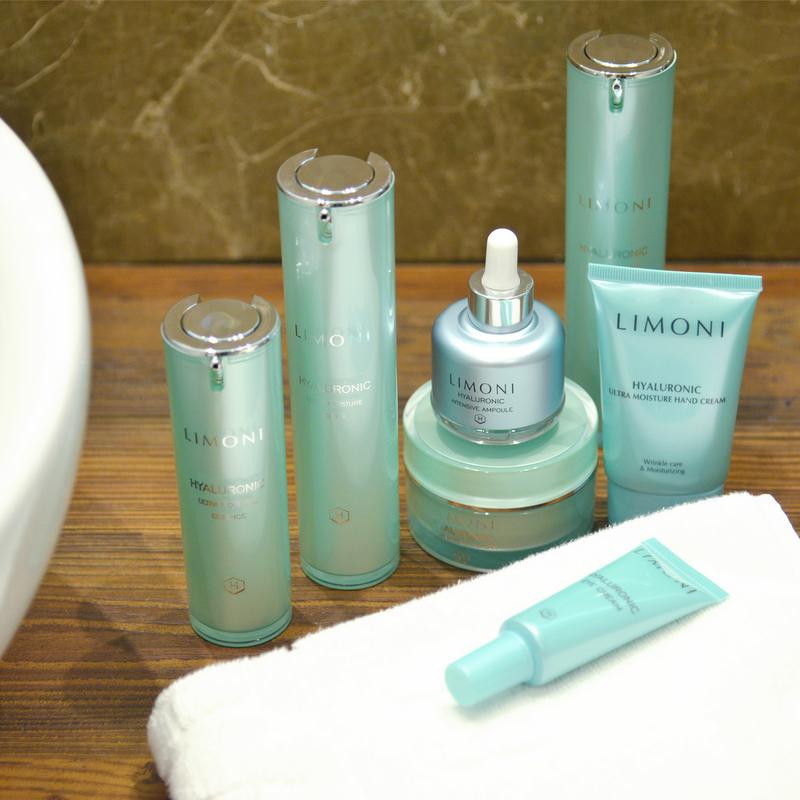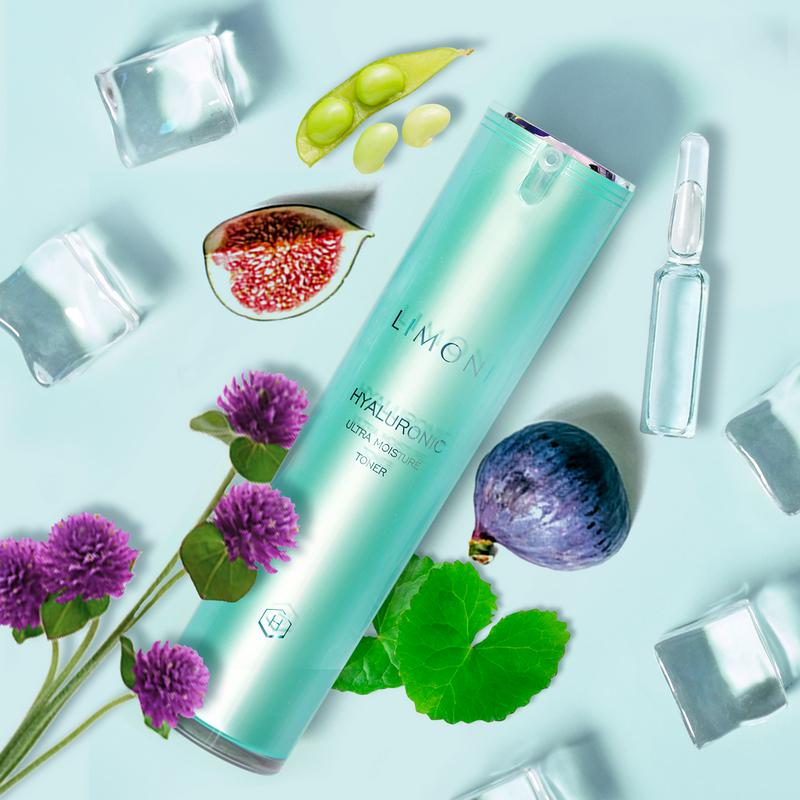Is your skin dry or dehydrated? There is a big difference!

What do you do when you feel dry skin? Looking for care for dry skin? Have you ever thought about the fact that the skin may not be dry, but dehydrated? There is a big difference between the two, even though the sensations are similar. This is tightness, some itching, heightened sensitivity, peeling and dull complexion are observed. In this article, we'll look at how dry skin differs from dehydration and how to choose the right moisturizing care for your skin needs.

Skin type does not change
Skin type is given to a person at birth and does not change throughout life. If you were born with dry skin, chances are you will have this type of skin not only on your face, but also on other parts of your body. Skin of this type requires constant care, and no matter how much moisturizing creams and lotions are applied, they are absorbed quite quickly. If you have a dry skin type, it means that it does not produce enough sebum (sebum), and as a result, the hydrolipid layer of the skin is thin or completely absent.
Skin condition changes
If we talk about the condition of the skin, then it depends on external factors and can change, that is, the phenomenon is temporary. So, for example, unhealthy diet, harmful effects of the environment, weather changes - all this can lead to dehydration of the skin, from which no skin type is immune. Dehydrated skin does not have enough water, therefore, trying to make up for its lack, a local over-active production of sebum begins. This, in turn, can provoke not only pimples, inflammation, irritation, but also the appearance of areas with dry skin.

Dry or dehydrated? We define
Owners of dehydrated skin often refer to their skin as oily or combination type. To correctly determine whether the skin is really dry or just dehydrated, rely on the following signs when diagnosing.
Signs of dry skin:
- feeling of dryness everywhere on the body, including the skin of the hands and scalp;
- aggravation of the situation in the winter.
Signs of dehydrated skin:
- the feeling of dryness is replaced by excessive fat content;
- inflammation is possible.
How to take care of your skin
Depending on the needs and condition of the skin, products with different active ingredients are recommended for skin care.
Dry skin needs lipids. The lipid barrier acts as a solid wall, increasing the skin's ability to retain moisture and resist external irritants. Lipid-rich ingredients - ceramides, squalane, oils (especially shea) and phyto ingredients - help rebuild the skin's barrier to protect against dryness.
Dehydration causes increased sebum production - thus the skin tries to nourish itself with moisture. Such a reaction of our skin leads to disastrous results: an enduring feeling of tightness, together with excessive oiliness and subcutaneous inflammation. Hyaluronic acid, amino acids and algae extracts are help ingredients to moisturize and balance dehydrated skin.

Hyaluronic series: a must-have for dehydrated skin
Ceramides and low molecular weight hyaluronic acid are the main components of the Hyaluronic Ultra Moisture series, therefore it can undoubtedly be called a salvation for dehydrated skin, since Hyaluronic Ultra Moisture products nourish the skin with life-giving moisture and prevent its further loss. It should be noted that hyaluronic acid, as an essential component for maintaining healthy and youthful skin, is included in all LIMONI skin care products, but in the Hyaluronic Ultra Moisture series its concentration reaches its maximum values.
- The toner not only restores the pH balance of the skin after cleansing and fills it with moisture, but also helps to restore the barrier functions - this effect is provided by ceramides, extracts of elm root and amaranth. The composition is complemented by an ideal component for the care of aging and dehydrated skin - fig extract. It gives the skin tone and has a lifting effect.
- The essence is instantly absorbed and penetrates into the deep layers of the epidermis. In addition to hyaluronic acid, it contains a biosaccharide resin that retains moisture in the skin.It has a longer lasting effect than the above hyaluronic. The essence is designed not only to moisturize, but also to increase the firmness and elasticity of the skin - for this, collagen, adenosine, kudzu and dioscorea root extracts are introduced into its composition.
- The serum, due to the high content of hyaluronic acid (50%), moisturizes the skin, and also prevents subsequent dehydration thanks to the ceramides in the composition. An additional effect of the serum is to reduce wrinkles and increase skin elasticity due to the content of kudzu extract, adenosine and copper tripeptide.
- The emulsion , like the cream, creates a shell that holds all previously applied products inside the skin. The emulsion instantly increases the moisture level of the skin and prevents moisture loss due to the content of hyaluronic acid, shea butter, squalane and ceramides in the composition. A distinctive feature of the emulsion is also oxygen in the composition. It helps to increase skin regeneration, nutrition and rejuvenation, as well as enhance the protective function.
- The face cream , like the emulsion, has a complex effect: hyaluronic acid, biosaccharide resin, betaine and shea butter - moisturize, ceramides - increase the skin's barrier properties and water balance. A pleasant addition to the composition of the cream is the Matrixil peptide, which stimulates the production of hyaluronic acid, and also has a pronounced anti-age effect.
A set of products from the Hyaluronic series will be a profitable purchase.
- 43, Izmailovsky Boulevard, Moscow, Russia
- 8 (800) 551-33-19 (free call from Russia)
- +7 (495) 133-95-51
- Mon-Fri 9.00 - 18.00
- orders@limoni.ru
- View on the map
© 2015 - 2025 Berenice. Powered by CS-Cart and premium theme — © AB: UniTheme2
This site uses cookies to store information on your computer. See our cookie policy for further details on how to block cookies.
I am happy with this